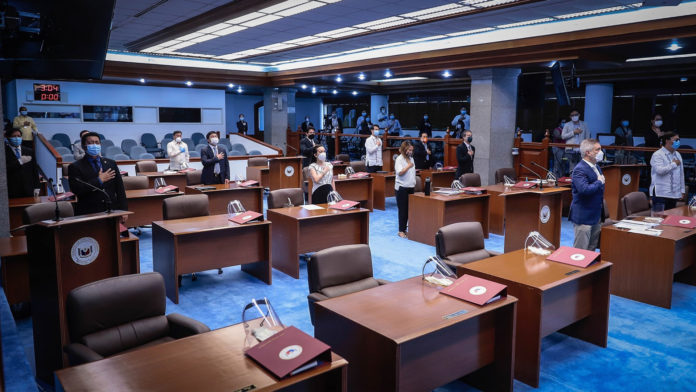What is the difference between a member of the House of Representatives (HoR) and a Senator?
In the legislation process, both chambers are responsible for making or rejecting a law. Laws are submitted and approved by the lawmakers from the legislative branch of the Philippine government.
The legislative branch is composed of the Congress which has two chambers; the Senate lead by the Senate President and the House lead by a Speaker of the House. In terms of qualifications, there are only minor differences such as the age and the length of residency.
For the age qualification, the Senator must at least be 35 years old while a Representative must at least be 25 years old. In terms of residence, the Senator must be a resident of the Philippines for a minimum of two years before the election day. On the other hand, a member of the House must be a resident for at least one year in the district where s/he will be elected.
Other qualifications to become a Senator or a Representative of the Philippines are the following: must be a natural born Filipino citizen, literate, and a registered voter of the Philippines. The key differences between a member of the HoR and the Senate are as follows:
Senate
Lawmakers in the Senate are called Senators regardless of gender. The Senate is composed of 24 Senators who are elected by the qualified voters of the Philippines for a term of six years. Members of the Senate are not allowed to serve for more than two consecutive terms.
Senators have a broader viewpoint on the issues of the country since their constituency is on a national level. The Senate serves as a training ground for future national leaders such as the members in the executive branch.
The 1987 Philippine Constitution Article XI Section 3 (6) states that “the Senate shall have the sole power to try and decide all cases of impeachment. When sitting for that purpose, the Senators shall be on oath or affirmation. When the President of the Philippines is on trial, the Chief Justice of the Supreme Court shall preside, but shall not vote. No person shall be convicted without the concurrence of two-thirds of all the Members of the Senate.”
House of Representatives
The House is composed of not more than 250 members. The 20 percent of its population must be composed of party-list representatives as mandated by the constitution.
The Representatives are elected by the voters in their respective legislative districts for a term of three years. Members of HoR are not allowed to serve for more than three consecutive terms.
The 1987 Philippine Constitution Article XI Section 3 (1) states that “the House of Representatives shall have the exclusive power to initiate all cases of impeachment.” A verified complaint for the impeachment can be filed by any member of the House of Representatives or by any citizen upon a resolution or endorsement by any member”.
The complaint will be included in the Order of Business within ten session days. After which, it will be referred to the proper Committee within three session days. “The Committee, after hearing, and by a majority vote of all its Members, shall submit its report to the House within sixty session days from such referral, together with the corresponding resolution. The resolution shall be calendared for consideration by the House within ten session days from receipt thereof” as stated in Article XI Section 3 (2) of the Philippine constitution.


